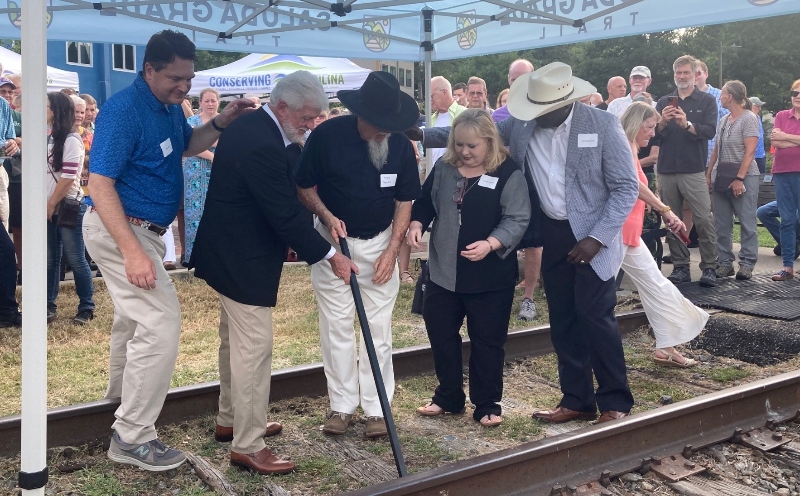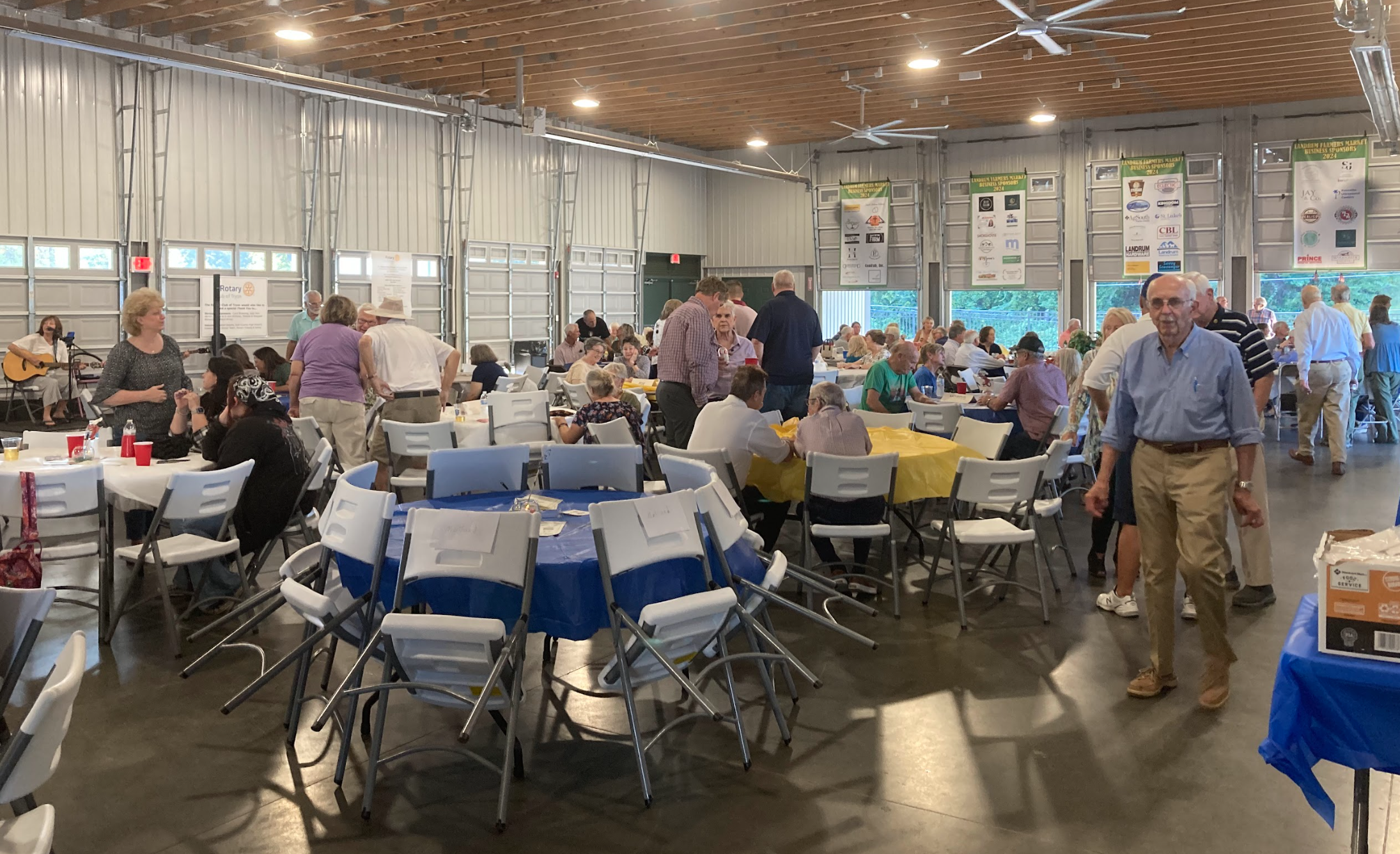John B. Dill, Dark Corner magistrate
Published 11:03 am Wednesday, February 9, 2011
An ordinary farmer and country store owner who lived in the Dark Corner at the end of the 19th and early 20th centuries, John B. Dill was considered well-to-do by a few folk, but was respected and esteemed by virtually everyone.
He lived at the intersection of Tugaloo and Dill Roads, across from the small post office called Ben, whose postmistress was his daughter, Niecie, from October 1893 to July 1902, when it was moved to Campobello.
A granddaughter, Ruth Dill Thompson, lived in the house until her death in the latter part of the 20th century. It still stands today, though in disrepair.
Trending
Dill was commissioned as magistrate of Glassy Mountain Township and served from 1893 to 1896.
He handled cases of assault and battery, arson, carrying concealed weapons, fighting, public drunkenness or failure to work on roads in lieu of paying taxes, in addition to issuing warrants and presiding over courts.
Due to the long distance, poor communication and slow mode of transportation, which made it nearly impossible for the county coroner to serve the entire county, Dill was called upon to serve as coroner on numerous occasions.
During his tenure, he presided as coroner at the inquests into five killings, including the infamous Hensley home burning in 1893, in which four family members perished. Arson was suspected as a coverup for at least three homicides. The body of a young grandson was discovered underneath a loose board in the floor, an apparent hiding place.
He also conducted the inquest into the killing of Ulysses S. Pitman by a pistol shot near the home of John W. Rector and Glassy Mountain Baptist Church in February 1894. The jury inquest ruled that Pitman was killed by Steve Howard, with Mitch Howard, his brother, being an accomplice.
As the township magistrate, Dill cooperated with county, state and federal officers in the pursuit of stamping out illegal moonshine whiskey.
Trending
The officers would come to Dill’s house, spend the night in his home or outbuildings, and plan the strategy for their next day’s raids on distilleries. Just before daybreak, the officers would go in different directions, either walking or on horseback, to reach the distilleries that were making a daily run of moonshine.
Occasionally, the sound of rapid gunshots would be heard. This was local neighbors warning the ‘shiners that “the law” is in the area. This usually resulted in the distilleries being found unmanned when the revenuers arrived at the sites.
Officers would destroy the distilleries and return to the Dill house to regroup and arrange transportation to jail in Greenville for any apprehended ‘shiners.
As magistrate, Dill not only issued warrants and presided over inquests and local court cases, but he had a more pleasant duty to perform. He held the legal authority to perform marriage ceremonies.
On occasion, a spruced-up young man who took a bride in front of magistrate Dill would appear disheveled before him again, months later, to stand accused of fighting or other misdemeanor.





